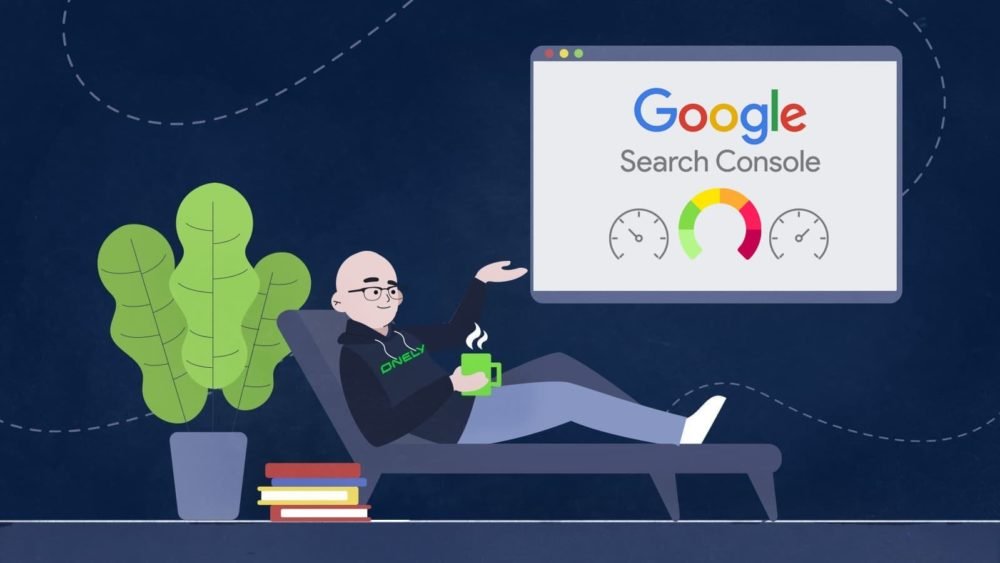Common technical SEO issues that can lower your rankings include slow page load times and mobile-unfriendly sites. Duplicate content and missing alt tags also impede performance.
Search engine optimization is critical to ensuring your website ranks well in search engine results. Technical SEO encompasses the backend elements of your site that, when optimized, can provide a massive boost to your website’s visibility. A website fraught with technical mishaps, like slow loading speed, can frustrate users and push them away.
Likewise, a website that isn’t optimized for mobile users often falls in search rankings, as Google prioritizes mobile-first indexing. Furthermore, issues like duplicate content can lead to confusion for search engines, diluting the authority of your pages. Ensuring that all images have descriptive alt tags not only improves accessibility but is also a factor that search engines consider when indexing. Addressing these technical issues is essential: it streamlines user experience and satisfies search engine guidelines, paving the way for better rankings.

Credit: moz.com
Crawling And Indexing Problems
JavaScript rendering issues lead to significant crawling and indexing problems for many websites, affecting their search engine visibility. Search engines may struggle to render pages that rely heavily on JavaScript which can result in unindexed content. Essential to SEO success is ensuring that search engines can easily process and understand your JavaScript-heavy pages.
Duplicate content poses a challenge for search engines trying to determine which version of a piece of content is most relevant to a search query. This confusion can lead to decreased rankings. The use of canonical tags is a recommended solution for signalling to search engines which version of content is the master or preferred one, thereby resolving canonicalization errors.
| Issue | Description | Solution |
|---|---|---|
| JavaScript Rendering | Search engines can’t always render JavaScript-intensive content. | Optimize JavaScript handling for search engines. |
| Duplicate Content | Search engines encounter multiple identical content pieces. | Utilize canonical tags to specify the preferred version. |
Site Speed And Performance Optimization
Enhancing your website’s speed and overall performance is crucial for better search engine rankings. One effective method is through image optimization. Large images can substantially slow down page load times. Therefore, it’s important to compress images without sacrificing quality. Also, consider using next-gen formats like WebP that offer superior compression and quality characteristics compared to traditional formats like JPEG or PNG.
Minifying CSS and JavaScript files can also lead to significant improvements in site performance. This process reduces the size of your code files by removing unnecessary characters, such as whitespace, comments, and block delimiters, making your scripts and stylesheets more efficient to download and process.
| Optimization Technique | Benefits |
|---|---|
| Image Compression | Reduces image file sizes, faster page loading |
| Use of WebP Format | Better compression and quality than traditional formats |
| CSS & JavaScript Minification | Removes unnecessary code, improves download and execution times |
Mobile-friendliness And Responsive Design
Mobile usability errors directly impact a website’s search engine rankings. Google prioritizes user experience, and with a vast majority of internet traffic coming from mobile devices, ensuring your website is mobile-friendly is essential. Common errors include small font sizes, use of Flash, and fixed-width viewports, which all create a poor experience for mobile users. Websites should employ a responsive design to adjust seamlessly to various screen sizes, making navigation and reading easier.
Page loading issues on mobile devices also contribute to lower rankings. A slow mobile page loading time is detrimental, as users expect quick access to information. Leveraging techniques such as compressing images, minimizing code, and leveraging browser caching can significantly improve page load times. Employ Google’s PageSpeed Insights tool to identify and rectify these issues, thus enhancing the overall mobile user experience and potentially boosting your SEO rankings.
Frequently Asked Questions Of Common Technical Seo Issues That Lower Your Rankings
What Are Common Crawlability Issues In Seo?
Common crawlability issues include blocked URLs by robots. txt, server errors, and poor site structure. Such issues prevent search engines from accessing and indexing website content effectively, thus harming rankings.
How Do Duplicate Content Issues Affect Seo?
Duplicate content can significantly dilute a website’s SEO value. Search engines struggle to identify the original source, potentially spreading ranking power thinly across multiple pages rather than a single authoritative one.
Why Are Mobile Optimizations Critical For Seo?
With most internet traffic coming from mobile devices, having a mobile-friendly website is essential. Sites not optimized for mobile can suffer from decreased rankings in search engine results, as user experience and accessibility are key ranking factors.
What Impact Do Slow Page Speeds Have On Seo?
Slow page speeds lead to a poor user experience, increasing bounce rates. Search engines, such as Google, prioritize user experience, thus slower-loading pages are often ranked lower in search results.
Conclusion
Navigating the technical SEO landscape can seem daunting. Yet the journey to top search engine rankings is vital. Addressing common pitfalls boosts your site’s health and visibility. Commit to regular audits; prioritize these fixes. Embrace optimization, and watch your rankings climb.




Leave a Reply